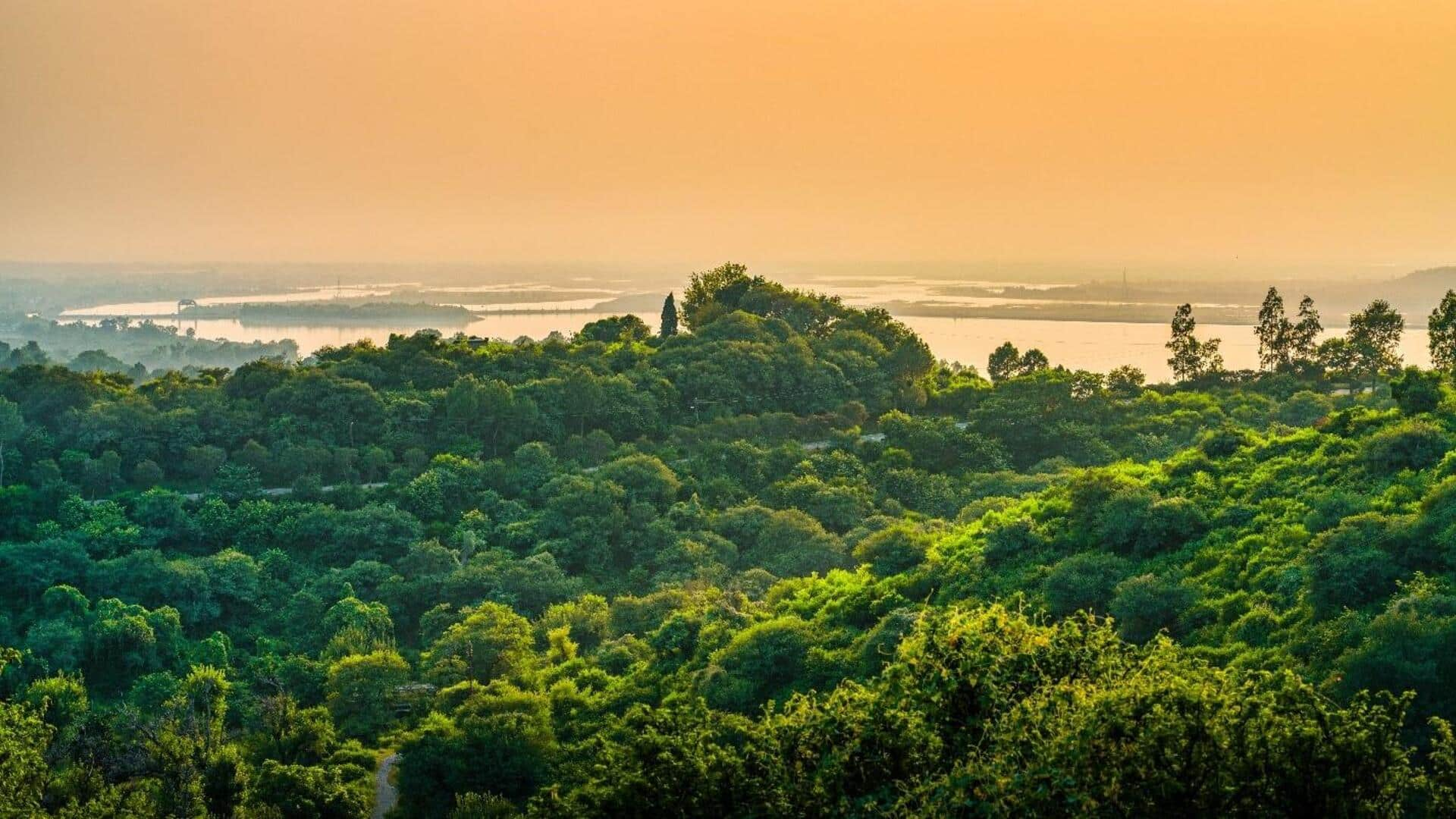
Exploring the pygmy villages of Congo's rainforest
What's the story
The Democratic Republic of Congo, home to the expansive Central African rainforests, holds a unique travel experience: visiting indigenous Pygmy villages.
These communities have lived in harmony with nature for thousands of years, offering a rare glimpse into a world untouched by modernity.
This article provides guidance on how to visit respectfully and what to expect. This is not your typical adventure!
Culture
Understanding Pygmy culture
Before you visit, here's a bit about the Pygmy culture:
Renowned for their deep forest connection (it provides them refuge, food, and medicine), Pygmies are expert hunters and gatherers.
They have also mastered sustainable practices, ensuring they live in harmony with the environment.
As a visitor, respect their customs and embrace the opportunity to learn from their unique way of life.
Logistics
Planning your visit
Traveling to remote Pygmy villages requires significant preparation.
Visitors are advised to engage local guides who are fluent in both the regional language and the Pygmy dialects.
Additionally, travelers should be prepared for rustic camping conditions, as lodging facilities in these regions are extremely basic.
Remember to carry essential items like mosquito nets, first aid kits, and sufficient food and water supplies for your trip.
Engagement
Engaging respectfully with communities
When visiting Pygmy villages, please tread lightly and with respect. Always ask permission before snapping pictures or stepping into someone's home.
Join in on community fun only if you're invited, and remember, you're a guest in their world, not the other way around.
Little gifts like school supplies or basic medical stuff can make a big difference, but check with village leaders first to know what they really need.
Environment
Environmental consideration
Visitors should strive to minimize their environmental impact in these regions.
Hike only on marked trails to avoid disrupting wildlife and damaging vegetation.
Pack out all trash, as local communities often lack the capacity to properly handle non-biodegradable waste.
Adopting a leave-no-trace mindset helps ensure the continued enjoyment and preservation of these unique environments for generations to come.
Safety
Safety tips
While true adventures like this carry inherent risks (remote location, potential health risks like malaria or yellow fever), proper preparation can minimize most dangers.
Make sure you're fully vaccinated as per health authorities' recommendations for travel in Congo's rainforest regions.
And, crucially, always heed your guide's advice regarding wildlife encounters and other safety precautions during your stay.